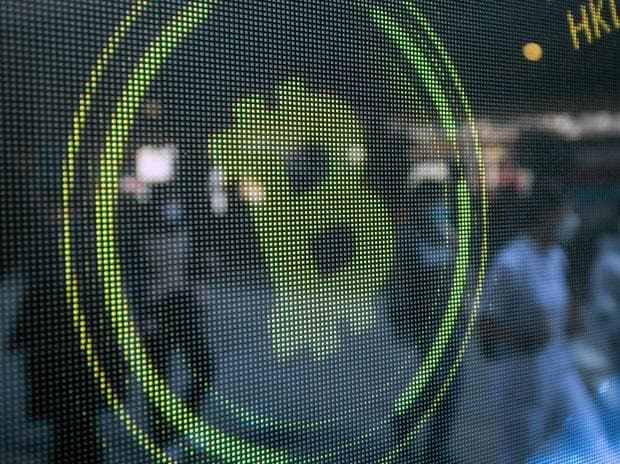)
Yet such a reserve also means fewer tokens for crypto investors to trade with and could leave them exposed if the government ever sold part of its reserves | (Photo: Reuters)
“Never sell your bitcoin,” Donald Trump told a cheering crowd at a crypto convention in Nashville, Tennessee in late July.
The Republican presidential candidate’s speech was the latest overture in his effort to court crypto-focused voters ahead of November’s election and offered a bevy of campaign promises, including a plan for a state bitcoin reserve.
Indeed, Trump isn’t the only one with such a proposal. US Senator Cynthia Lummis has introduced legislation that would see the US government purchase one million bitcoin, around 5 per cent of total supply, while independent candidate Robert F Kennedy Jr has suggested a government stockpile of four million bitcoin.
A strategic reserve would be one use for the massive amount of bitcoin held by the US government. The jury’s out on what it would be used for, whether it’s feasible, or if it’s even welcome for the broader crypto market, though.
The US government holds a bumper cache of crypto: around $11.1 billion worth which includes 203,239 bitcoin tokens, according to data firm Arkham Intelligence which said the pile came from criminal seizures, including from online marketplace Silk Road, which was shut down in 2013.
At current levels, the US holds about 1 per cent of overall global bitcoin supply – which stands at about 19.7 million tokens, according to Blockchain.com. Bitcoin’s total supply is capped at 21 million coins.
To compare against big non-state investors, Michael Saylor’s Microstrategy holds about 226,500 bitcoin tokens, as per second-quarter results. BlackRock’s iShares Bitcoin Trust and Grayscale Bitcoin Trust hold 344,070 and 240,140 tokens respectively, according to data site BitcoinTreasuries.
A government bitcoin stockpile could shore up bitcoin’s price.
“It would have a positive impact on price. It would have to because we’ve never had such a limited supply commodity, albeit digital, assume a new state of a reserve asset,” said Mark Connors, head of global macro at Onramp Bitcoin.
Yet such a reserve also means fewer tokens for crypto investors to trade with and could leave them exposed if the government ever sold part of its reserves.
“RFK talked about having 19 per cent of bitcoin, the same amount of the gold supply – I can’t imagine a single bitcoiner would be happy about that,” Connors added.
Governments besides the United States also boast bumper hoards of bitcoin, with BitcoinTreasuries reporting China is the second largest government holder, with 190,000 coins.
‘A lot to figure out’
While the prospect of a national bitcoin reserve is uncertain, crypto watchers are nonetheless pondering what form it could take.
Connors suggested the Federal Reserve could manage the reserves for the Treasury Department, as it does with gold. On the other hand, the stockpile could be more akin to the Strategic Petroleum Reserve, where both the president and Congress have varying amounts of control, according to Frank Kelly, senior political strategist at asset manager DWS Group.
“There’s a lot to parse and figure out there,” Kelly said.
There’s also an irony that jars with many true bitcoin believers: the digital asset intended to be decentralized and free of government control becoming part of a state reserve.
Regardless of what happens with a bitcoin stockpile, many market players are happy enough to see crypto becoming a significant campaign talking point.
“There’s a general view in the industry that both parties are paying much more attention to digital assets,” said Raoul Mewawalla, CEO of Mawson Infrastructure Group which operates data centers for bitcoin mining.
“The expectation is that will continue post November.”
First Published: Aug 06 2024 | 12:24 PM IST
Note:- (Not all news on the site expresses the point of view of the site, but we transmit this news automatically and translate it through programmatic technology on the site and not from a human editor. The content is auto-generated from a syndicated feed.))


